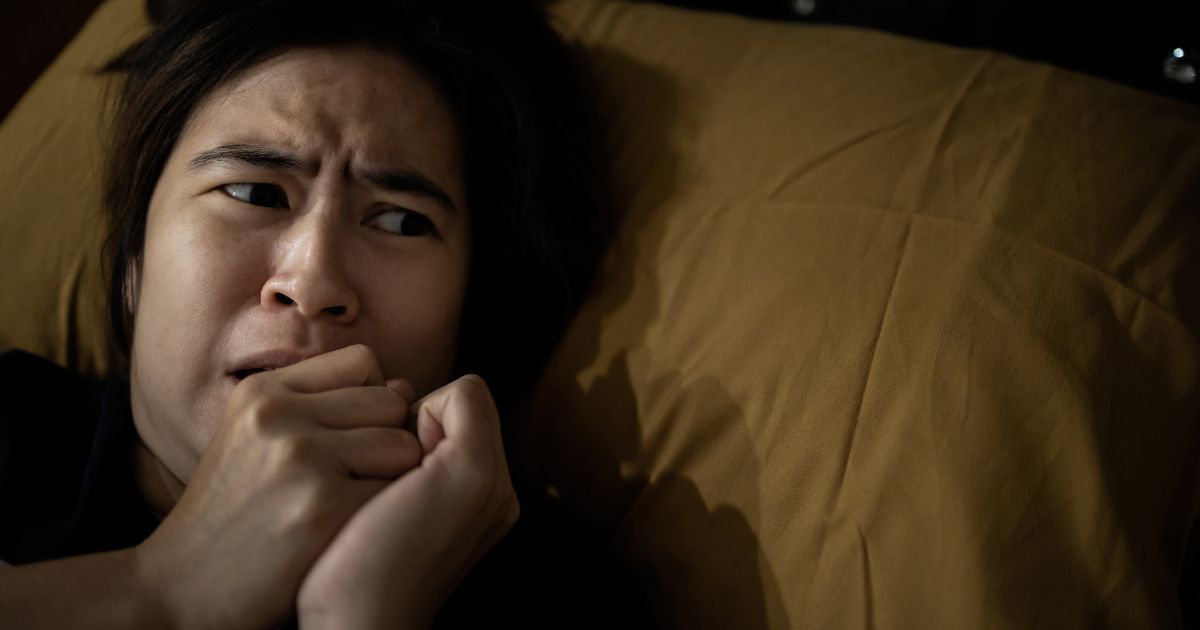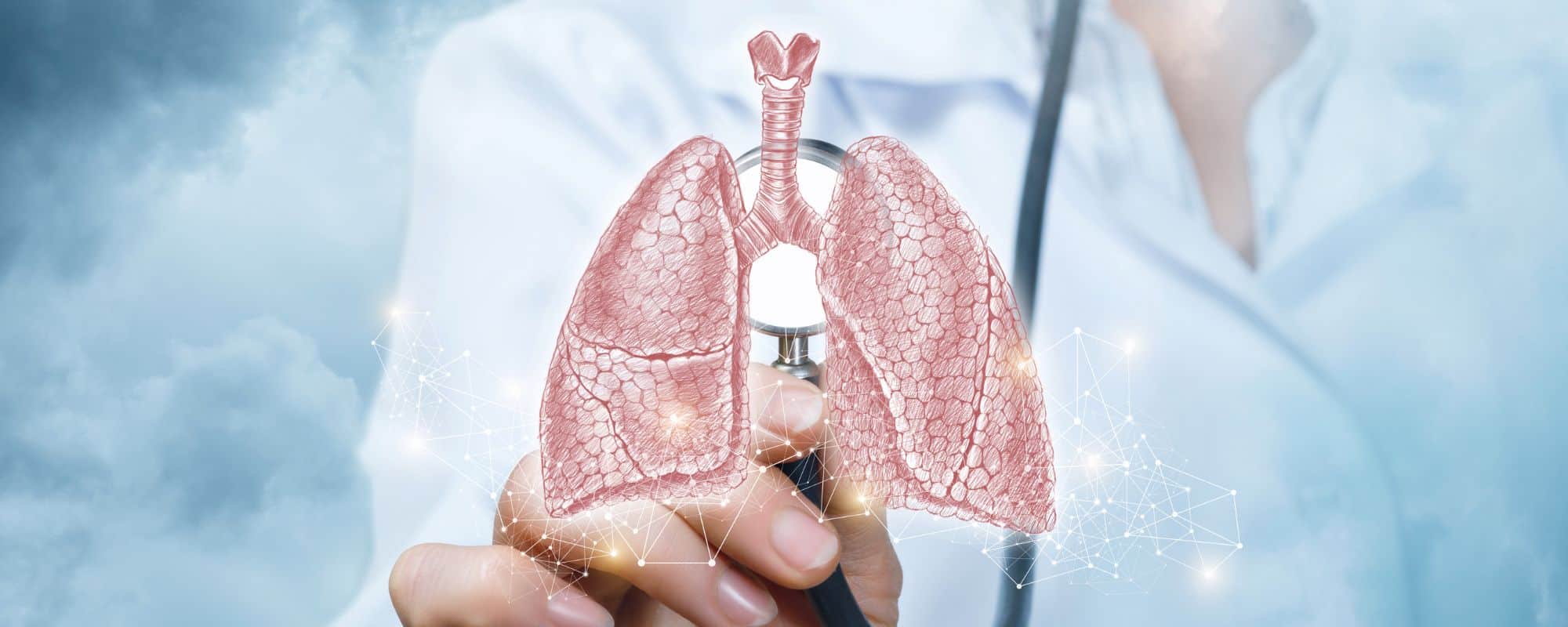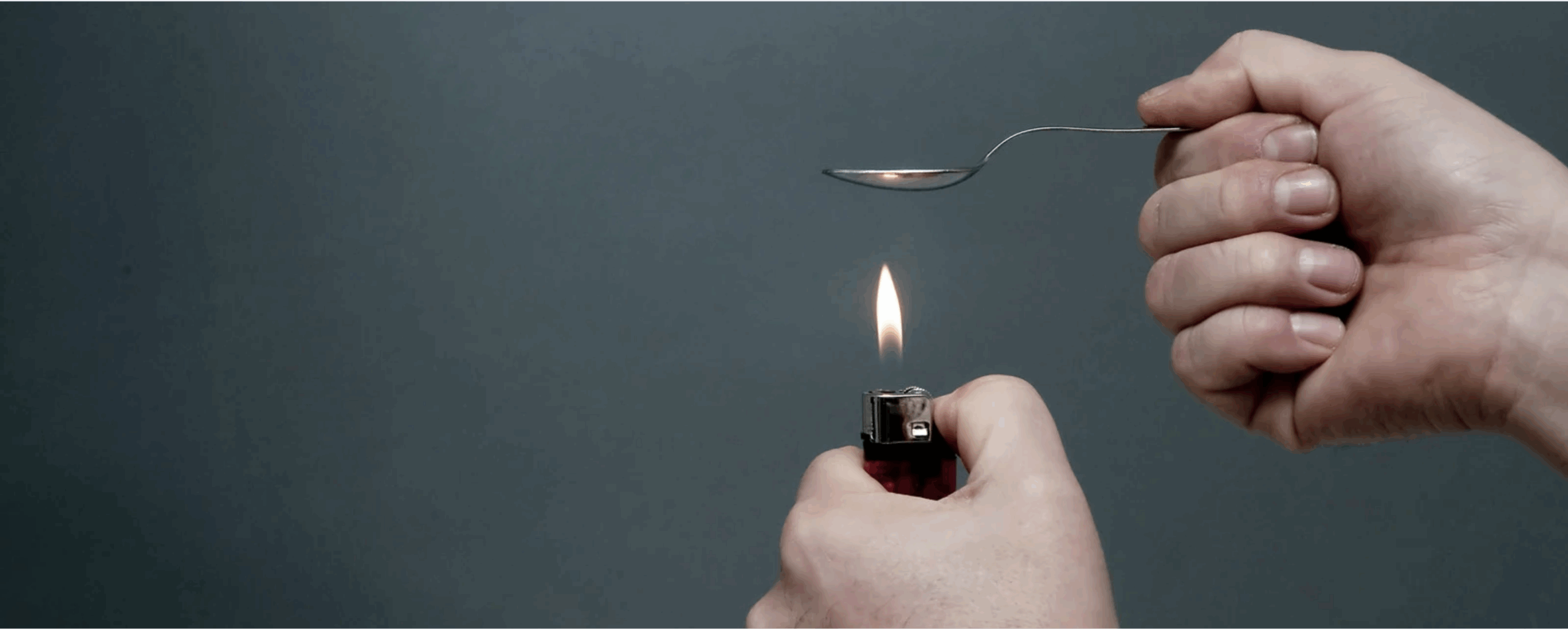America has been suffering the consequences of the ongoing opioid crisis for over twenty years now, but that term can be misleading. It’s not simply that Americans are overdosing on opioids, although that is true in many cases – oftentimes, they overdose on multiple drugs (known as polysubstance abuse), of which opioids are just one. One of the most common fatal combinations is oxycodone and alcohol.
Can You Drink on Oxycodone?
This would be a very bad idea. Both alcohol and oxycodone are central nervous system depressants, meaning they slow down vital functions like breathing. When taken together, their combined effects can cause extreme drowsiness, slowed or stopped breathing, unconsciousness, or even death.
Even small amounts of alcohol can significantly amplify oxycodone’s side effects, making this combination highly risky. Most healthcare experts, including the CDC, explicitly warn against consuming alcohol while taking oxycodone. The FDA-approved labeling for oxycodone products contains specific warnings about mixing oxycodone and alcohol.
What Is Oxycodone?
Oxycodone is a prescription opioid medication used to treat moderate to severe pain. Oxycodone works by binding to opioid receptors in the brain and spinal cord, altering the body’s perception of pain. Commonly prescribed under brand names like OxyContin and Percocet (which also contains acetaminophen), oxycodone is classified as a Schedule II controlled substance due to its high potential for misuse and dependence.
Is Oxycodone Addictive?
Yes, oxycodone is highly addictive. Regular use—even when taken as prescribed—can lead to physical dependence, and misuse can rapidly progress to addiction. The drug produces a euphoric high that reinforces repeated use, especially at higher doses. Over time, individuals may develop a tolerance, requiring larger amounts to achieve the same effect, which significantly increases the risk of overdose and long-term health issues. Smoking, injecting, or snorting oxycodone are the most common ways to abuse the drug.
Addiction to oxycodone and alcohol addiction often coincide. According to one study of 5,307 patients receiving treatment for opioid addiction, 23.4% of them also were addicted to alcohol.
Get confidential help from our addiction treatment specialists in Orange County. Call to join our rehab program today!
Call 866-881-1184Why Do People Combine Oxycodone with Alcohol?
The real question is why do people engage in polysubstance abuse. Sometimes this is accidental – they simply weren’t aware the two drugs interacted. But generally, people do. In those situations, they’re simply trying to increase their intoxication, often for fun, or because they are dealing with psychological issues.
In the case of alcohol and oxycodone, people intentionally combine them because they want to intensify each drug’s euphoric effects. Both substances depress the central nervous system, and together they can produce a powerful sense of relaxation, sedation, or even a “high” that is more intense than using either alone. This practice is particularly common among individuals struggling with substance use disorders.
Regardless of intent, combining oxycodone with alcohol greatly increases the chance of overdose, respiratory failure, blackouts, and death. It’s a sign of risky behavior that often points to a deeper issue with substance misuse.
Side Effects of Mixing Oxycodone and Alcohol
Combining oxycodone and alcohol is highly dangerous and can cause severe short-term and long-term health effects. Because both substances depress the central nervous system, their combined impact is not just additive — it’s exponential.
Short-Term Dangers of Mixing Alcohol and Opioids
Short-term oxycodone and alcohol effects include:
- Severe drowsiness or dizziness
- Confusion and impaired judgment
- Slow or irregular breathing
- Loss of consciousness or fainting
- Nausea and vomiting
- Coma or death from respiratory depression
These effects can occur even with relatively small doses of each substance. The risk of accidental overdose is especially high when alcohol is involved.
Long-Term Consequences of Mixing Opioids and Alcohol
Over the longer term, mixing oxycodone and alcohol can lead to things like:
- Increased risk of developing substance use disorders
- Chronic liver damage or failure
- Cardiovascular complications
- Memory loss and cognitive decline
- Mood disorders like depression or anxiety
- Higher likelihood of overdose recurrence
Chronic use of alcohol and oxycodone can permanently alter brain chemistry and damage organs, compounding the difficulty of recovery and treatment.
Looking for quality substance abuse treatment that’s also affordable? South Coast accepts most major insurance providers. Get a free insurance benefits check now.
Check Your CoverageMixing Alcohol and Oxycodone – A Form of Polysubstance Abuse
As mentioned earlier, mixing alcohol and opioids like oxycodone is a type of polysubstance abuse. Polysubstance abuse involving opioids and alcohol is especially concerning because both substances act as depressants on the central nervous system. Their interaction not only increases the risk of overdose but also makes withdrawal and recovery more difficult. People who engage in this behavior may be chasing a stronger high or attempting to self-medicate physical or emotional pain, but they are putting their lives at serious risk.
Treating polysubstance abuse typically requires a comprehensive approach, including medical detox, dual diagnosis support, and long-term therapy to address the underlying causes of both the oxycodone and alcohol addictions.
Recognizing the Signs of an Overdose
Treating someone who has overdosed after taking oxycodone and alcohol could be difficult, because it’s difficult to tell which drug caused the overdose, and therefore hard to know how to respond. As such, recognizing the symptoms in each case could be life-saving.
In the case of alcohol, symptoms include:
- Confusion or stupor
- Vomiting
- Seizures
- Slow or irregular breathing (fewer than 8 breaths per minute)
- Hypothermia (low body temperature)
- Blue or pale skin
- Unconsciousness that you can’t wake them from
Important: Never leave someone to “sleep it off” if they show these signs—alcohol poisoning can be fatal without immediate medical attention.
When it comes to opioids, warning signs include:
Pinpoint pupils
- Extreme drowsiness or unresponsiveness
- Limp body
- Slow, shallow, or stopped breathing
- Cold, clammy skin
- Discolored lips or fingernails (blue or purple)
- Gurgling or choking sounds (a sign of respiratory distress)
If you suspect someone is experiencing an opioid or alcohol overdose—or both—call 911 immediately. If available, administer naloxone (Narcan) to counteract the opioid effects, but understand it won’t reverse alcohol poisoning.
Get Help Today for Polysubstance Addiction
If you or someone you love is abusing oxycodone and alcohol, it’s more than just a dangerous habit—it could be a sign of a deeper struggle with polysubstance abuse.
Any kind of oxycodone intake with alcohol consumption is extremely dangerous and can lead to severe health consequences or even death. Both substances depress the central nervous system, and when taken together, they intensify each other’s effects—slowing breathing, impairing judgment, and increasing the risk of overdose. The rising demand for oxycodone abuse treatment shows that individuals may not fully understand the combined effects of alcohol and opioids.
Chronic drinking alcohol while using oxycodone can also lead to dependency on both substances, making withdrawal far more difficult. Withdrawal symptoms may include nausea, anxiety, and tremors, while opioid withdrawal specifically can involve severe pain, insomnia, and agitation. Recognizing early withdrawal signs is essential for intervention, as the long-term effects of ongoing alcohol and drug abuse can include liver damage, cognitive decline, and life-threatening complications.
Start Your Recovery Now!
At South Coast Behavioral Health, we understand how complex and overwhelming addiction can be, especially when multiple substances are involved. Our drug and alcohol rehab in Orange County provides medically supervised detox, integrated mental health support, and personalized treatment plans tailored to your needs. Whether you’re dealing with pain management gone wrong, emotional trauma, or co-occurring disorders, we’re here to help you safely break the cycle and rebuild your life. Reach out to us today to get started.
- Opioids, Other Drugs, and Alcohol – High and Rising Mortality Rates Among Working-Age Adults – NCBI Bookshelf
- Drinking Alcohol While Using Other Drugs Can Be Deadly | Alcohol Use | CDC
- Alcohol and Opioid Use, Co-Use, and Chronic Pain in the Context of the Opioid Epidemic: A Critical Review – PMC
- Drug Scheduling







